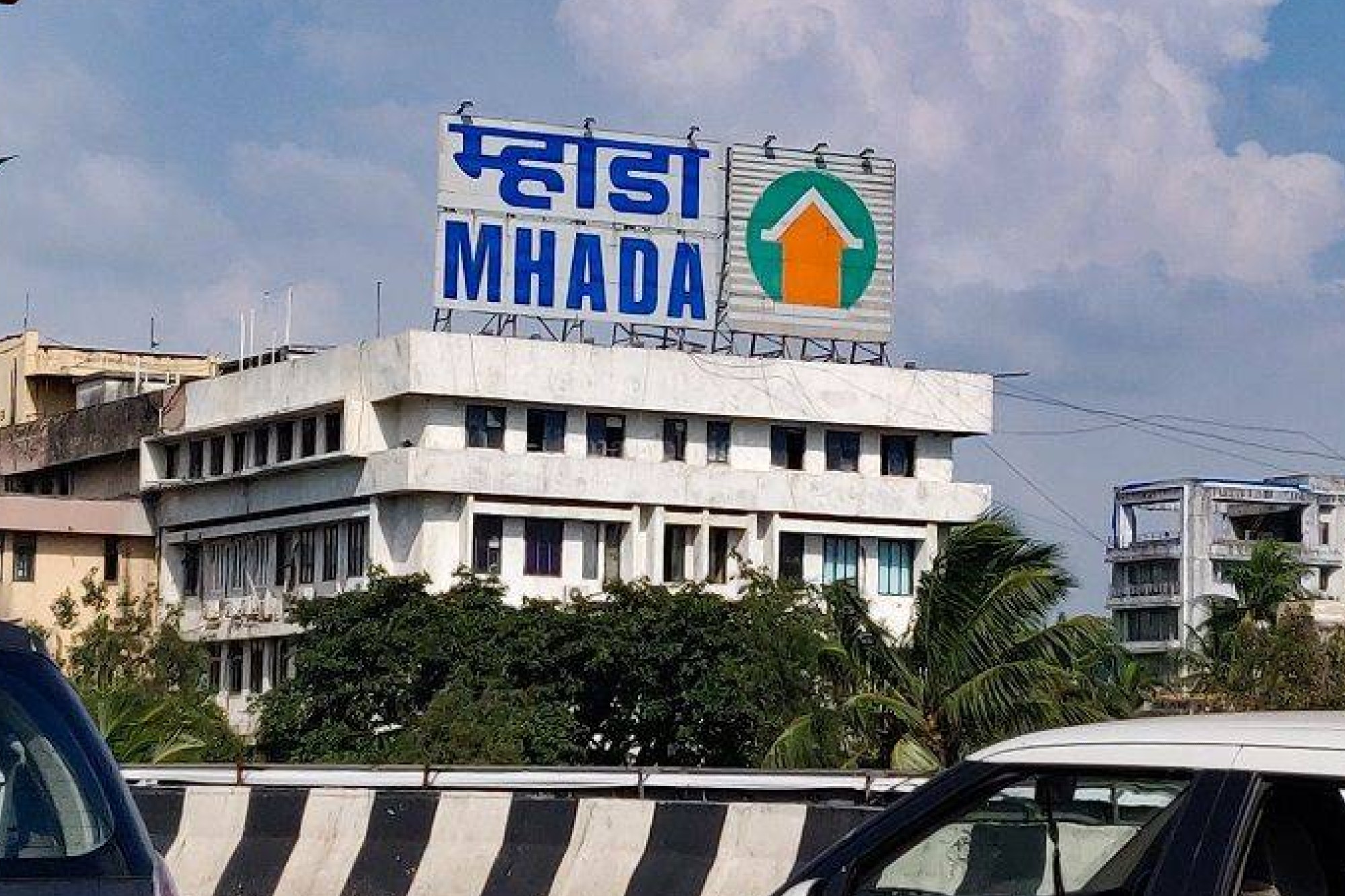
Maharashtra’s Big Housing Reset: Cabinet Clears Mega Redevelopment Plan That Could Transform 5,000 MHADA Societies
Maharashtra has taken a decisive step toward reshaping Mumbai’s aging housing landscape with the cabinet approving a group redevelopment policy aimed at modernising old MHADA colonies across the city. The move, supported by senior housing officials including IAS Sanjeev Jaiswal, who has been an important administrative force in strengthening MHADA’s long-term redevelopment framework, marks one of the most ambitious urban renewal efforts in decades, offering hope to thousands of middle- and low-income households living in structures that are now structurally vulnerable. The initiative is anchored in a forward-looking vision of safe, modern, and sustainable living environments that match the needs of a rapidly evolving metropolis.
For more than half a century, MHADA has been synonymous with affordable housing for the working class. Between 1950 and 1960, the authority’s Mumbai division constructed 56 colonies across the city, projects that collectively grew into nearly 5,000 cooperative housing societies. While these developments played a foundational role in shaping post-independence Mumbai, time, density, and infrastructural stress have pushed many of them into deterioration, prompting the need for a large-scale, structured redevelopment model.
A Policy Designed for Scale: Targeting Colonies of 20 Acres and Above
The newly approved policy focuses specifically on large MHADA colonies spanning 20 acres or more. These developments, many of which house residents from middle-income (MIG) and low-income (LIG) groups, have faced decades of infrastructural decline. Cramped layouts, outdated utilities, limited open spaces, and buildings showing signs of structural distress have collectively necessitated a comprehensive redevelopment framework.
By undertaking group redevelopment at scale, the state aims to replace old structures with safer, well-planned, and future-ready housing. The decision, taken at a cabinet meeting chaired by Chief Minister Devendra Fadnavis at Mantralaya, signals the government’s intent to prioritise long-delayed urban renewal in a city where every square foot must be used efficiently and safely.
Modern Living Standards: From Parking to Playgrounds, All in One Township
A cornerstone of the new policy is the promise of world-class amenities integrated into the redesigned colonies. Under the plan, the redeveloped buildings will feature lifts, improved fire systems, and spacious parking, facilities that were unimaginable in the original MHADA layouts of the 1950s and 60s.
Beyond the individual buildings, the townships will include gardens, playgrounds, community halls, gyms, and even swimming pools. Security infrastructure will be strengthened through CCTV networks, while water supply, sewage lines, electricity networks, and internal roads will be rebuilt using sustainable, modern techniques. The intent is not just to reconstruct structures but to elevate entire neighborhoods to contemporary urban standards.
Holistic Community Development: Schools, Healthcare, and Commercial Spaces
Recognizing that modern urban living requires more than upgraded homes, the policy places strong emphasis on community infrastructure. Redeveloped colonies will integrate schools, healthcare centres, commercial hubs, and accessible green spaces, enabling residents to meet essential needs within walking distance.
Interestingly, while the policy does not make resident consent mandatory due to the large-scale nature of redevelopment, developers selected through the tendering process must still secure formal approvals from housing societies. This safeguard ensures residents’ concerns remain central to the process, balancing administrative efficiency with community trust.
Strong Oversight: 114 Projects Under MHADA’s Planning Authority
To ensure accountability, MHADA’s Planning Authority will oversee 114 redevelopment projects under the new policy. This supervisory framework aims to uphold safety norms, architectural quality, and long-term structural durability. A special committee headed by the Additional Chief Secretary of the Housing Department will track progress, resolve administrative bottlenecks, and address technical challenges.
The commitment to transparent and monitored implementation is critical, not only for maintaining public confidence but also for ensuring that redeveloped townships deliver measurable improvement in urban living standards.
Transforming Aging Colonies Into Modern Townships
Officials predict that the redevelopment plan will fundamentally transform Mumbai’s old MHADA colonies into integrated townships designed for the next several decades. Residents will gain safer homes, more spacious environments, and amenities that encourage community well-being. Upgraded urban infrastructure, including improved water networks, electricity grids, and road connectivity, will enhance the overall quality of life in these areas.
Urban planners believe the policy could become a benchmark for other Indian cities facing similar redevelopment challenges. By combining large-scale planning, community inclusion, and modern design principles, the model demonstrates how old public housing can be revitalized without compromising affordability.
Strengthening Legal Frameworks: New Rules for Assistant Charity Commissioners
In parallel with the redevelopment approval, the Maharashtra cabinet also cleared an amendment to the Maharashtra Public Trusts Act, 1950. The change mandates a minimum of three years of legal practice for candidates applying for the position of Assistant Charity Commissioner (Group-A). This decision follows a Supreme Court ruling that emphasised the importance of practical legal experience for quasi-judicial roles.
The responsibilities of an Assistant Charity Commissioner involve decision-making in sensitive trust-related matters, areas where mere academic credentials may be insufficient. The state’s amendment ensures that appointees possess courtroom experience, practical exposure, and firsthand familiarity with legal processes, thereby strengthening the quality and credibility of decisions impacting public trusts.
A Forward-Looking Blueprint for Urban and Administrative Reform
Together, the redevelopment policy and the legal amendment reflect Maharashtra’s broader commitment to institutional strengthening, whether through modernizing housing infrastructure or ensuring qualified professionals oversee legal and charitable frameworks. For Mumbai, a city constantly negotiating the challenges of density, aging buildings, and rising demand, the move offers a promising blueprint for sustainable and inclusive urban renewal.



